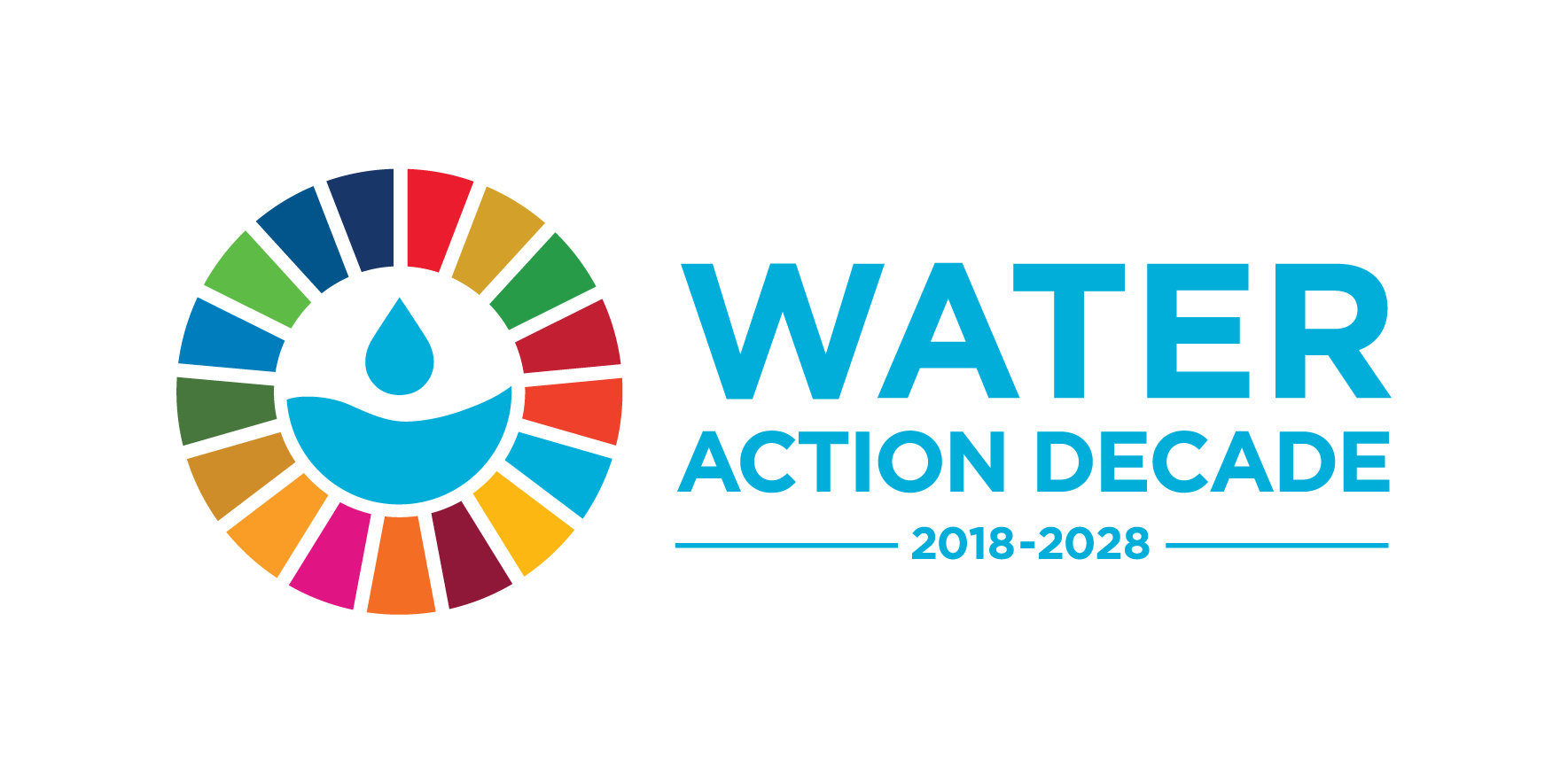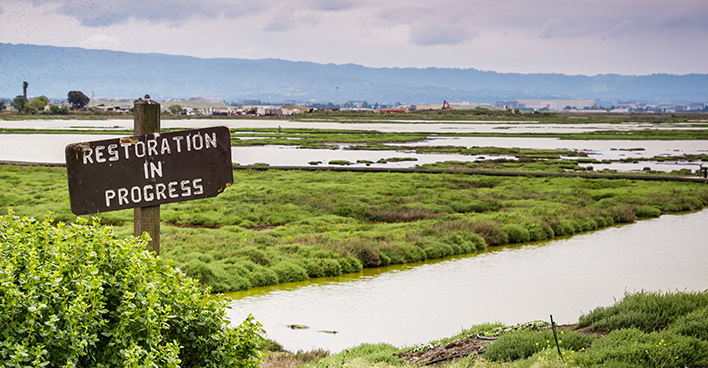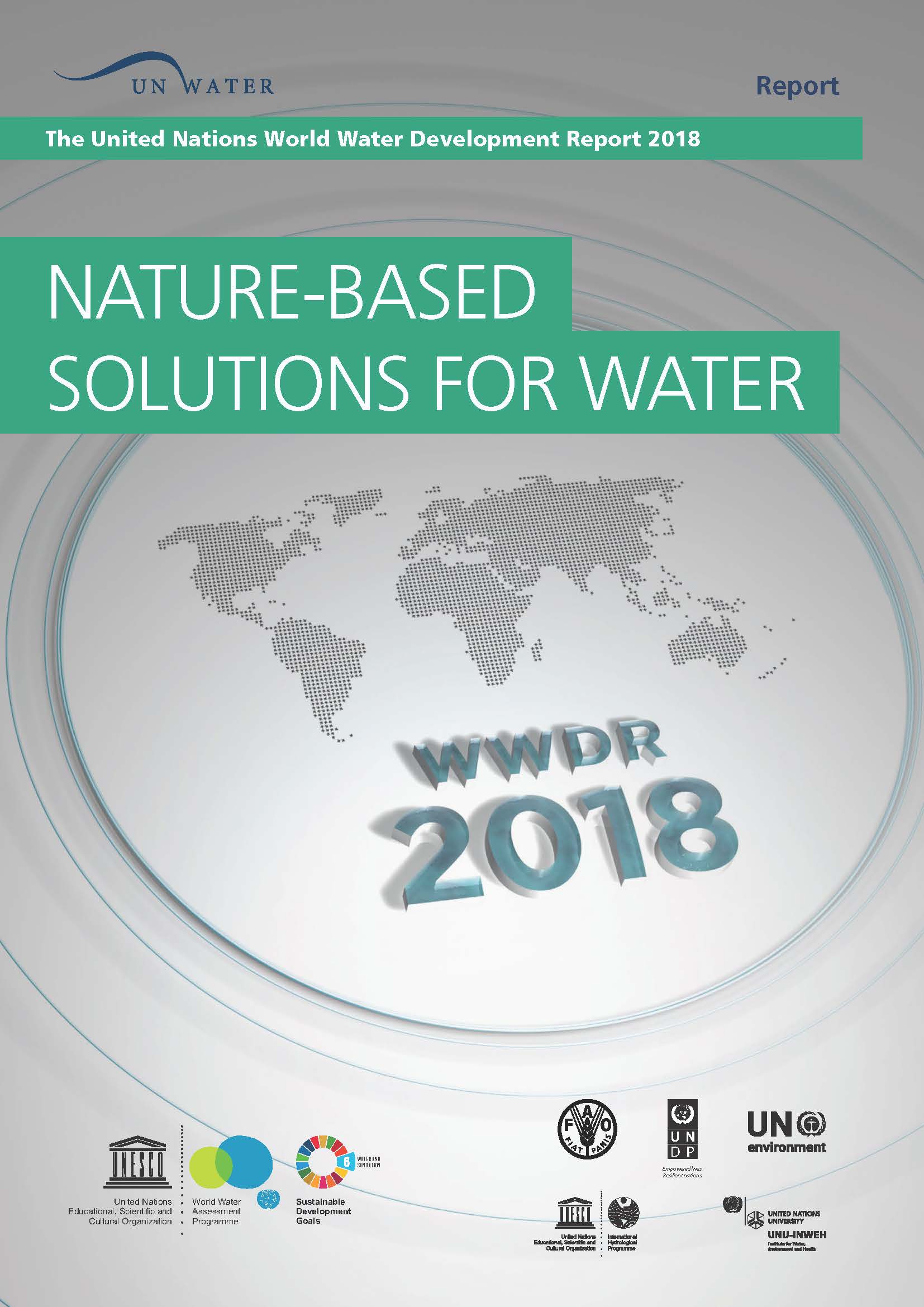
World Water Day
wwd2018_en.jpg

2018
Environmental damage, together with climate change, is driving the water-related crises we see around the world. Floods, drought and water pollution are all made worse by degraded vegetation, soil, rivers and lakes. When we neglect our ecosystems, we make it harder to provide everyone with the water we need to survive and thrive.
Nature-based solutions have the potential to solve many of our water challenges. We need to do so much more with ‘green’ infrastructure and harmonize it with ‘grey’ infrastructure wherever possible. Planting new forests, reconnecting rivers to floodplains, and restoring wetlands will rebalance the water cycle and improve human health and livelihoods.
The World Water Day 2018 theme ‘Nature for Water’ aims to show the potential of nature-based solutions for water and how they can be considered for water management policy and practice.
Access to clean water is critical for sustainable development and the eradication of poverty and hunger, and it is indispensable for human development, health and well-being. There is sufficient fresh water on the planet to achieve this. But water related challenges, including limited access to safe water and sanitation, increasing pressure on water resources and ecosystems, and an exacerbated risk of droughts and floods, remain high on the global agenda.
The International Decade for Action: Water for Sustainable Development 2018-2028 aims to further improve cooperation, partnership and capacity development in response to the ambitious 2030 Agenda for Sustainable Development. It will be launched on World Water Day
- Launch event
22 March 2018, UN headquarters, New York, United States of America
 The report recognizes water not as an isolated element, but as an integral part of a complex natural process that involves evaporation, precipitation and the absorption of water through the soil. The presence and extent of vegetation cover across grasslands, wetlands and forests influences the water cycle and can be the focus for actions to improve the quantity and quality of available water. These solutions agenerate social, economic and environmental co-benefits, including human health and livelihoods, food and energy security, sustainable economic growth, decent jobs, ecosystem rehabilitation and maintenance, and biodiversity.
The report recognizes water not as an isolated element, but as an integral part of a complex natural process that involves evaporation, precipitation and the absorption of water through the soil. The presence and extent of vegetation cover across grasslands, wetlands and forests influences the water cycle and can be the focus for actions to improve the quantity and quality of available water. These solutions agenerate social, economic and environmental co-benefits, including human health and livelihoods, food and energy security, sustainable economic growth, decent jobs, ecosystem rehabilitation and maintenance, and biodiversity.
For example, it is estimated that agricultural production could be increased by about 20% worldwide if greener water management practices were used. One study cited by the Report reviewed agricultural development projects in 57 low-income countries and found that using water more efficiently combined with reductions in the use of pesticides and improvements in soil cover, increased average crop yields by 79%.
The report will be launched on 19 March during the World Water Forum 2018 in Brasilia, Brazil.
Highlights
EventsMore
NewsMore
PublicationsMore
Videos










